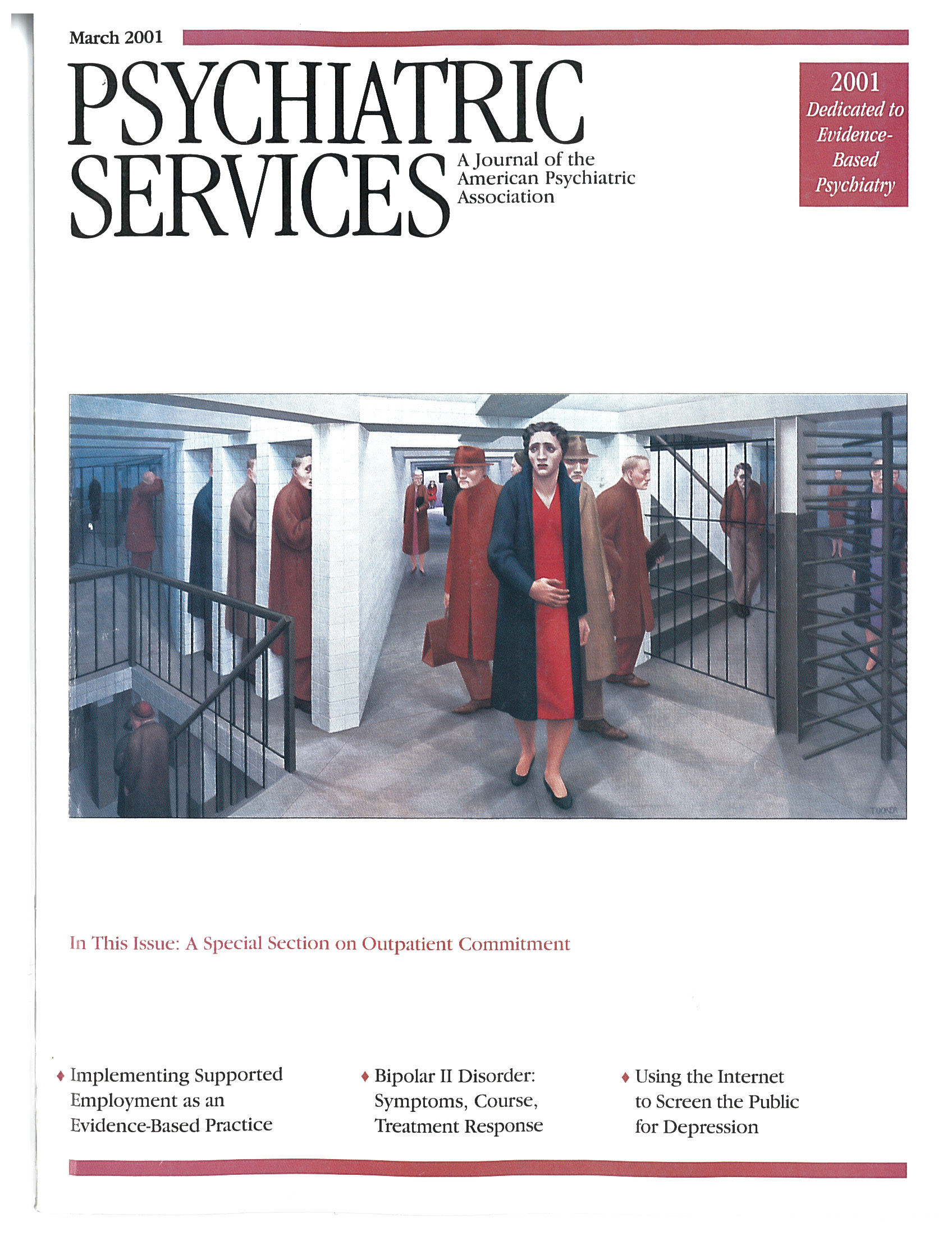Implementing Family-Friendly Services
In Reply: We thank Ms. Mannion and her colleagues for supporting our proposal to establish a director of adult family services in each community mental health center. We recognize that family treatment for severe mental illness can be approached using several different models, some professionally led, others led by family members, and others led by a combination of the two. The model we use is professionally based and one in which the client participates in all treatment sessions, so that payment and consent forms are usually not an issue. As a training manual, we use Behavioral Family Therapy for Psychiatric Disorders (1). We also have monthly multiple-family groups, facilitated by professionals, in which clients and their relatives receive ongoing psychoeducation and support from other families (2).
Ms. Mannion and her colleagues describe other approaches to family collaboration in which relatives but not clients are involved in treatment. These approaches are important alternatives to family work on behalf of clients, and we encourage clinicians and program administrators to adopt the suggestions made by Ms. Mannion and her colleagues for overcoming obstacles to implementing such services.
Even though families are important in the lives of consumers and family members often experience stress in maintaining a relationship with their ill relative, the provision of services to family members of persons with severe mental illness remains the exception rather than the rule. However, we are optimistic that as emphasis shifts toward implementing evidence-based psychiatric treatment and toward making a commitment to working with clients' natural supports, family-friendly services, including both professionally led and family-led treatment, will become available at all community mental health centers in the near future. Such services are crucial to improving the quality of life of persons with severe mental illness and their loved ones.
The authors are affiliated with the New Hampshire-Dartmouth Psychiatric Research Center in Concord, New Hampshire. Dr. Mueser is also with the department of community and family Medicine at Dartmouth Medical School.
1. Mueser KT, Glynn SM: Behavioral Family Therapy for Psychiatric Disorders, 2nd ed. Oakland, Calif, New Harbinger, 1999Google Scholar
2. Mueser KT, Sengupta A, Schooler NR, et al: Family treatment and medication dosage reduction in schizophrenia: effects on patient social functioning, family attitudes, and burden. Journal of Consulting and Clinical Psychology, in pressGoogle Scholar



